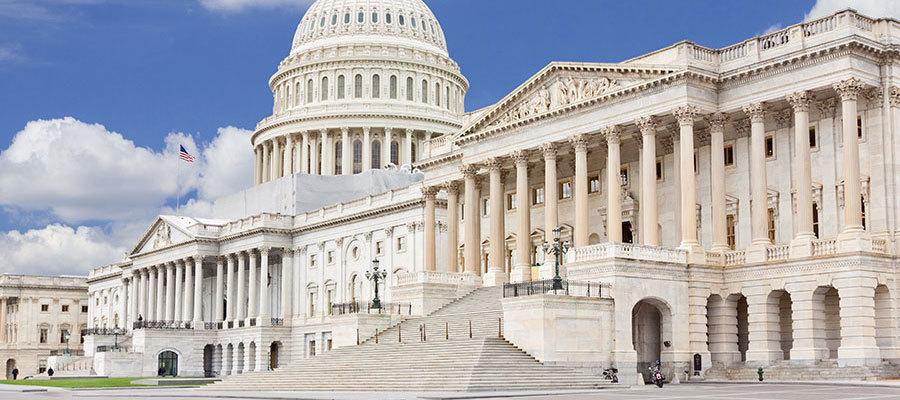As House and Senate consider separate budget resolutions, AHA urges Congress to ‘take seriously the impact of reductions in health care programs, particularly Medicaid’

House Republicans Feb. 12 released a budget resolution for fiscal year 2025 focusing on the Trump administration's agenda on border security, defense, energy and taxes. The budget resolution, which acts as an outline for the reconciliation process, calls for increasing the debt ceiling by $4 trillion and allows for $4.5 trillion in spending for tax cuts. It also would allocate $200 billion for border and defense spending. The resolution instructs seven committees to come up with no less than $1.502 trillion in mandatory cuts over ten years.
Notably, for health care, the bill instructs the House Energy and Commerce Committee to cut mandatory spending by no less than $880 billion. The committee has primary jurisdiction over a number of health care programs, including Medicaid, and some proposals have been circulating that would enact significant cuts to Medicaid. The House is expected to mark up its budget resolution tomorrow.
Meanwhile, the Senate Budget Committee Feb. 12 began marking up its own fiscal year 2025 budget resolution that will be “the blueprint that unlocks the pathway for a fully paid for reconciliation bill to secure the border, bolster the military and increase American energy independence,” according to Senate Budget Committee Chair Lindsey Graham, R-S.C. The markup is expected to continue tomorrow. This would be the first of two budget reconciliation bills the Senate hopes to enact this year. The second would focus on extending tax cuts and cutting spending.
“As the Senate and House Budget Committees begin deliberations on their Fiscal Year 2025 budget resolutions, the American Hospital Association urges Congress to take seriously the impact of reductions in health care programs, particularly Medicaid,” said AHA President and CEO Rick Pollack in a statement shared with the media. “While some have suggested dramatic reductions in the Medicaid program as part of a reconciliation vehicle, we would urge Congress to reject that approach. Medicaid provides health care to many of our most vulnerable populations, including pregnant women, children, the elderly, disabled and many of our working class.”
The House and Senate must pass a common budget resolution in order to move forward with the reconciliation process. The Senate is expected to consider the Budget Resolution next week on the Senate floor. For more information on budget reconciliation, view the AHA's webpage and fact sheet.

